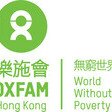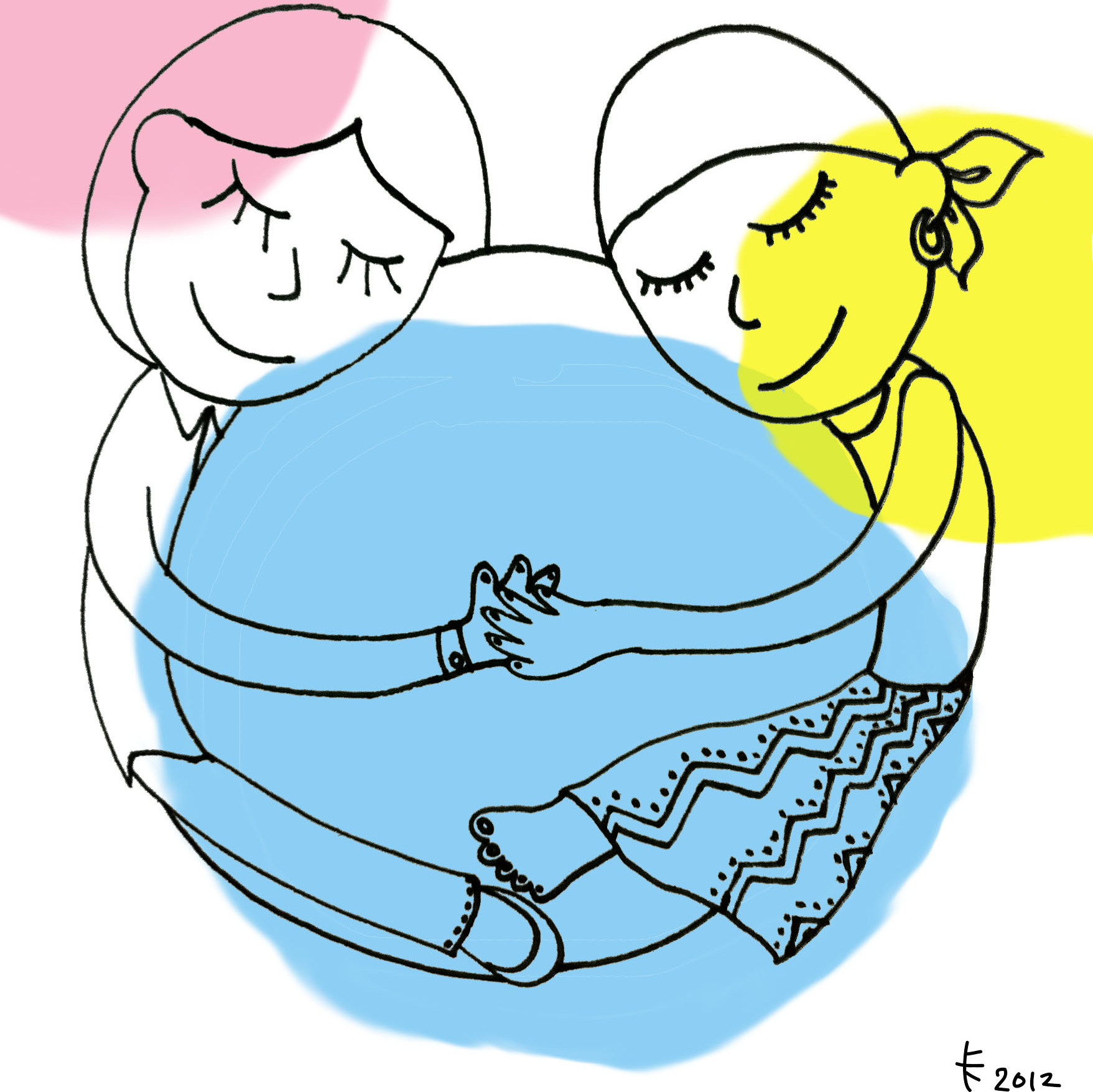發展項目2012年8月30日
Dear Women: Thank you for feeding everyone

Carmen Lee
Carmen是香港樂施會經濟正義運動協調員。 她的團隊正在領導一項名為GROW的地方和全球食品司法運動。
by Carmen Lee
What comes to mind when you hear the words ‘women’ and ‘food’?
I posed this question on my Facebook page and was amazed by some of the interesting responses from my friends, including ‘dessert’, ‘fat woman’ and ‘peach’. Most people mentioned ‘mom’ and ‘women seek and cook food for their families’.
Yes. Women play an important role to feed their families, and women are crucial for world food security.
Much of the food we eat every day is produced or processed by women. In many developing countries, women provide most of the agricultural labour and produce the majority of the food for families. In some regions, women produce up to 80% of the food. In Pakistan, the world’s fifth largest producer of milk, women perform 60-80% of cattle feeding, caring and milking tasks. Women also make up two thirds of the livestock keepers throughout the world.
What comes to mind when you hear the word ‘farmer? (I should ask that next on my Facebook.)
I would guess that most people would think of a man, not a woman, even though the facts speak otherwise.
Though millions of rural women farmers work alongside men farmers every day, women’s contributions to the agricultural sector are under-recognized. Their central role in world food security is frequently ignored. Research shows that in Sub-Saharan Africa, women produce 70-80% of household food, yet they own just 1% of the land. They receive only 7% of the agricultural extension services and less than 10% of the credit given to small-scale farmers.
Although an increasing number of rural farmers are standing up to raise their voices through collective action, many farmers’ organisations are male-dominated and women’s participation remains limited. Norms and national policies of governments can be discriminatory, and the private sector can also exclude women from accessing land, credit and extension services.
It is not only the case in rural areas. In villages and cities alike, women have less access to and control over resources and opportunities than men. Research shows that in cities of many poor countries, women are the ones who ensure that their families get fed. Many of these women are the breadwinners, food-producers and elderly-carers for the family all at once, but their roles are often underestimated.
Feeding families has become a more challenging task because of the global food crisis, especially when women do not have the control over the resources at home. Evidence shows that increasing women’s control over productive resources can improve child health and education, as women spend income differently than men. If women can control finances, they are more likely to spend the limited money on food, health care and education of their children. As it is now, to sustain their families, it is often expenses for girls and women that are cut in the family budget, such as school fees for daughters and doctor visits for mothers.
Maybe my next question on Facebook could be: Without checking any statistics, how many people do you think go hungry every day? I wonder if my friends would be surprised that on a daily basis, almost one billion people go hungry.
Our global food system is becoming more fragile and unequal. The challenge will become bigger when the world’s population is expected to reach 9.1 billion by 2050 – the demand for food may increase by 70%.
It is time to wake up and change our perceptions and actions about women, and to recognise women’s roles as world change makers. Women are the key to build a better future where everyone always has enough to eat in a resources-constrained world.
Carmen Lee is Economic Justice Campaign Coordinator of Oxfam Hong Kong. Her team is leading a local and global campaign for food justice called GROW.

